Fury: Press conference with David Ayer, Brad Pitt and co-stars
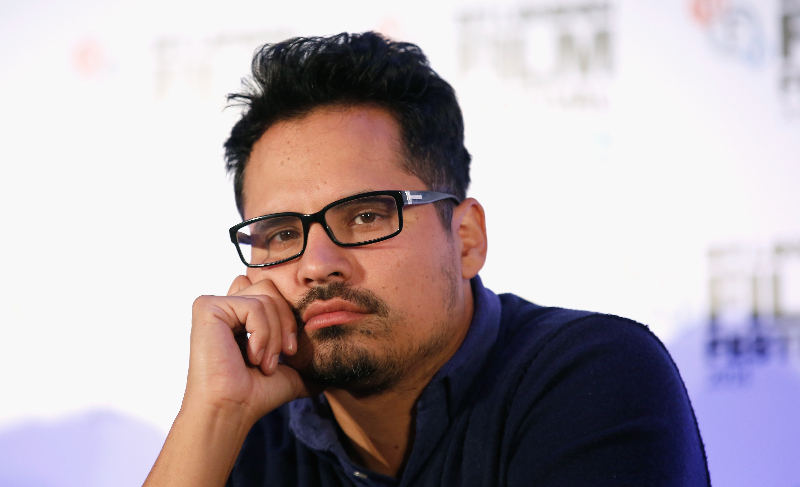
On the release of Fury, The Upcoming caught up with director David Ayer and lead actors Michael Peña, Brad Pitt, Logan Lerman, Shia Labeouf and Jon Berenthal as they discussed their experiences of the film and what they took away from it.
People will go to this film expecting it to be a typical American World War II film – they are in for a shock aren’t they?
David Ayer: Yes – and they would be wrong. This film is about family, it’s a day in the life, it’s a character study, it’s about these guys and the chemistry and the brotherhood and the love these characters have for one another.
Michael, you have worked with David before – what made you want to work for him again?
Michael Peña: Working with David is like going for a root canal. You know its going to suck, you just prepare for it the best 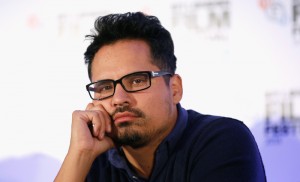 you can.
you can.
Were you given a lot of backstory for your characters?
Brad Pitt: Yeah, I got a lot of back story from David at three in the morning. They constantly painted the picture of the exhaustion, the mental fatigue, the cold, the hunger, the cumulative effect of seeing pain and horror and inflicting horror day after day. We took that to heart.
Logan, your character Norman kind of goes through the same journey the audience does don’t you think?
Logan Lerman: Yeah definitely, he starts off separated from the group then grows to be a part of the family dynamic.
Shia, its fair to say that you really threw yourself into the role. What was it about this project that made you want to do this?
Shia Labeouf: I think we all committed the same, I just had more time because I wasn’t working when we started. But 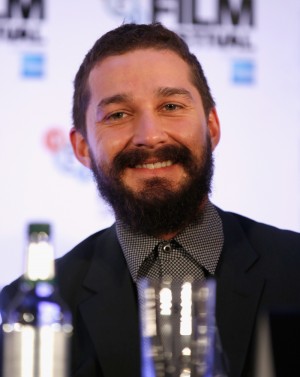 everyone was committed equally.
everyone was committed equally.
Jon, was there every a point during boot camp when you felt it was too full on?
Jon Berenthal: What was great was that during bootcamp, we were able to figure out each other’s strengths and weaknesses, and once we’d figured those out we really became a team and a family, which is essential in this sort of working environment.
It seems like in this film the allies were shown as aggressive and ruthless. Is this conflicting dilemma something you thought was important to show?
DA: The conflict itself truly was a battle between good and evil; you know either we have human rights and freedom or utter debasement. Instead I wanted to make a film of the moral hazards, the psychic hazards or war itself and the impression it leaves on the human soul, and how it effects this band of brothers.
There is a lot about post-traumatic stress disorder. Obviously these soldiers are affected by it – how important was it to you as actors to bring that kind of truth?
BP: What we have been saying all along is that the standard issue soldier experiences are the same on both sides. This is not a film about one side or the other, for me it was a film about the psychological trauma that every soldier carries with him to some extent and is then made to go home with. If anyone is interested, there is a fantastic book on the subject that helped me a lot, by Dave Grossman called On Killing.
This festival has been book-ended by two Second World War films: The Imitation Game and this one. What’s your opinion on including these two films that depict the carnage of war?
DA: Well it is a privilege to be here, it’s a privilege to close the festival. I mean we shot in England all those great battle scenes.
Logan and Brad, what is your off-screen relationship like?
LL: In pre-production we all became very close, but I think off-set there was a bit of distance from respect. But it was always that thing – I was the new guy and the liability, and that’s how I was treated.
BP: When the film starts, the team has been together for about three years and we’d just lost a member of our family. At that point the new kid comes in because towards the end of the war there were people being pulled in with no experience, and we 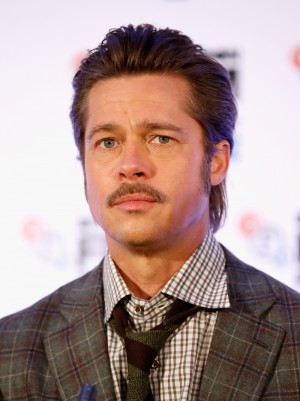 had to get him to perform otherwise we might not be going him. The conundrum of it is that he represents everything about home that we have been missing and long for, the stability, the ideals et cetera, but at the same time we need to shake it out of him and crush it to survive.
had to get him to perform otherwise we might not be going him. The conundrum of it is that he represents everything about home that we have been missing and long for, the stability, the ideals et cetera, but at the same time we need to shake it out of him and crush it to survive.
We don’t get a clear idea of where the characters come from – was there a point where you found out a lot about your characters during the war or were you just thrown in as they were?
BP: We all had very specific back stories, we worked for three months at least before shooting.
DA: Yeah every character has a very detailed CV and past. Logan, for example, knew who his father was, his education and so on. Ultimately, it became an editorial choice to to cut out the telling of the back stories because the actors had created and defined enough portraits of the characters that the explanations became unnecessary. It was really a testament to their skill as actors that they were able to bring these fully developed characters to the screen, that this was not necessary.
What do you hope that cinema-goers will take away from this film?
BP: Firstly, I hope that the soldiers feel like they were respectfully recognised. You know, war is hell, and talking to the vets, even vets who were recently home and one of them said “Look, war is ludicrous.” It is an amazing fact of human nature that no matter how much we evolve, we will always devolve into conflict.
“Ideals are peaceful but history is violent” – do you have a kind of insight to this element of yourselves? Would there ever be a time you would use violence to protect yourself or your family?
JB: There is a universality to soldiering. One of the things we found most from talking to these soldiers is that few of them go 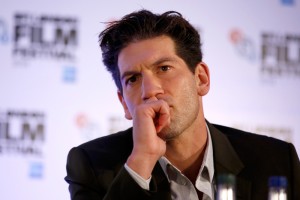 to war for political ideals, ultimately you go for the guy you’re fighting next to and the guys who will become your family there, and I think that is something we really wanted to get in touch with. I hope that that comes across.
to war for political ideals, ultimately you go for the guy you’re fighting next to and the guys who will become your family there, and I think that is something we really wanted to get in touch with. I hope that that comes across.
DA: What is fascinating about WW2 is that now we have a volunteered, professional army who have had training and it is their job. However, back then, our neighbours and friends were drafted, and so the people who were fighting in that war were everyday people who had no prior dreams of being in these circumstances. I believe the warrior is in all of us, it’s just a question of circumstances when that warrior is awakened.
How did you go about assembling your band of brothers? Did you have anyone in mind?
DA: I wrote the role of Gordo with Mike in mind because we had worked together before. Brad wanted it when he read the script, we had met before and discussed working together and it was an honour to finally find that project. And after that it became a task of building a family and finding people with great chemistry, but not only that, also finding people who would expose themselves to hardships and have a certain level of commitment.
Did you gain anything from the experience – did any lessons come out of it?
BP: Absolutely. Well, I was given the sort of honorary role of producer; most of these guys did all the heavy-lifting. I took a lot from this film, and the greatest thing for an actor is when you do a project and you learn something about yourself and the world, and I know I speak for all of us when I say that this was one of those: we all took something away. For me, specifically, it was a real study in leadership, in earning the respect of others, and being responsible for others, and I walked away knowing I am a better father from the experience.
Was it hard to get back to real life after the film?
JB: At the end of the day, we put on make-up and act under a safety umbrella. You know, those aren’t real bullets being shot at us, but at the same time its our job to create the darkest and most dangerous setting that we can, so you need the darkest and most dangerous mindset in order for it to be believable. This is not the kind of film you can finish a scene then go off to the pub after, you need to stay in character as much as possible, and to us, outside influences such as phones or computers were the enemy. So when you’re trying to make your world as dark and dangerous as possible for eight months at a time, it is definitely going to leave you with absolute respect for the guys who had to go through the real thing and for  years. You know, I’m just a performing monkey in make-up.
years. You know, I’m just a performing monkey in make-up.
Do you think it is the most demanding project that you have done?
LL: Definitely, it was the most committed project I have ever done. I was looking for a really good challenge and when I read this script it was either this or nothing. We had great time to research on a very detailed level and really get to know one another, which is the most important aspect of pre-production – getting to know one another on a very personal level and building that comfort.
Did you enjoy it?
SL: Oh yeah, this has been the most rewarding, incredible experience of my life, both in work and in life. Extremely rewarding and a magical experience of my life.
What were the logistics of filming in such a confined space as that tank?
DA: We built the tank modeled after the Sherman Tank, and then kitted it out with all the proper equipment it would have. Everything worked in there, and it was actually one of the most technically complex sets any of the crew had ever worked on. I don’t think any of us enjoyed working in it, but maybe that did help.
BP: First of all, tanks are not built for habitation; there are no steps to get up or down it, you can crush your fingers closing the hatch, you’re always bumping something, but there was a point when we all got used to it and we all found our little comfort spots. We got to know where to put our coffee and it did become our home, and you think of the real guys who live, eat, sleep in there – how much harder it would be for them.
Considering the horror stories of the war told by mothers and grandmothers, the scene with the German women and the American soldiers was very suspenseful. Why did you think it was important to include it in the film?
DA: Its a very interesting chapter in history. During the last portion of the war, there is an interesting anecdote given by one of the veterans: once they crossed the border to Germany, the allied troops were told by a captured German soldier that they were no longer fighting the Nazis but instead the German citizens. There is something about that mindset. It was a different world back then – you had an army that was exhausted, who had been fighting for several years on both sides, and it was a time where women and children were being thrown into battle and regimes had fallen apart. The purpose of that part of the film highlights how the soldiers had changed, how they could never go home. Brad’s character is desperate for human 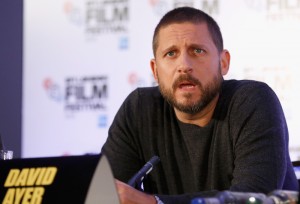 interaction and normalcy but is denied it by the other members of his crew. There is something very fascinating about that apocalyptic time set during the occupation.
interaction and normalcy but is denied it by the other members of his crew. There is something very fascinating about that apocalyptic time set during the occupation.
The film was shot in celluloid, which is becoming a rare thing. Why did you choose to do that?
DA: We tested various platforms. Our initial test was on film, and there is such a subtle pallet in uniforms, and when you get a test on digital you get these crushing blacks and very muddy greens that didn’t have the differentiation that one has with film. Film loves skin, film loves textures and I love film.
BP: For me, it doesn’t make much difference – I’m game for either. I’m a purist – I love film, but on the other hand there are guys who are trying to find their own thing with digital. Not trying to copy film, they’re trying to find their own voice and I appreciate that as well. But when you made the film call, it pleased me.
Brad, your wife has also made a WW2 film. Did you sometimes exchange notes and research with each other?
BP: Yes, it was actually a lovely experience – we don’t normally work at the same time. It was good fun for us. Where we deal with the psychological damage of the war, her film deals with the triumph of human spirit. It is very up lifting.
What would you do or think if the US army called for one of your children?
BP: Well if they call, they call I don’t think there is much you can do, I would probably worry as a father, make sure he was well enough trained and I would probably start praying.
Cassia Morrice
Fury is released nationwide on 22nd October 2014.
For further information about the BFI London Film Festival visit here.
Read more reviews from the festival here.
Watch the trailer for Fury here:
https://www.youtube.com/watch?v=-OGvZoIrXpg

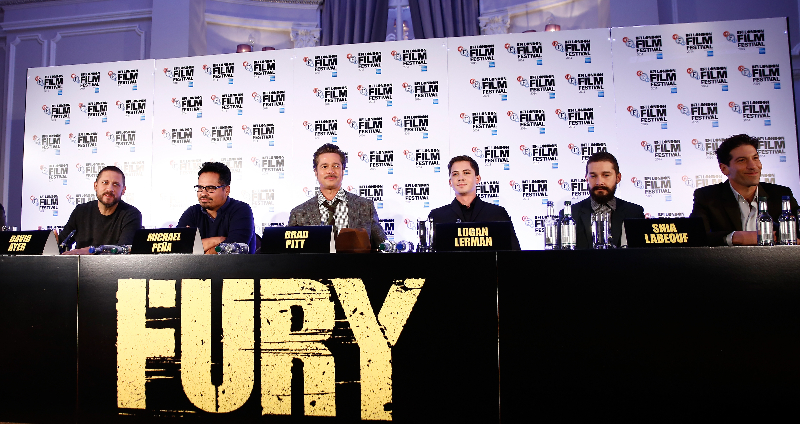

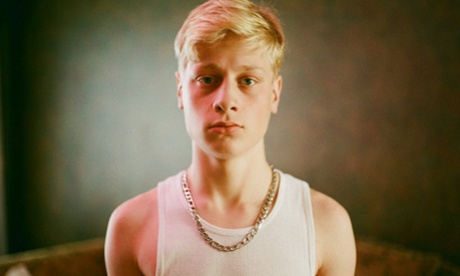

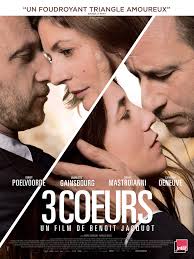
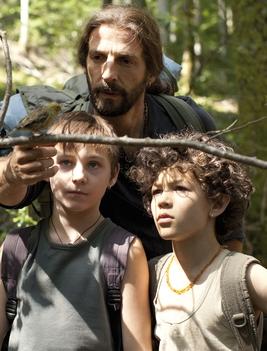
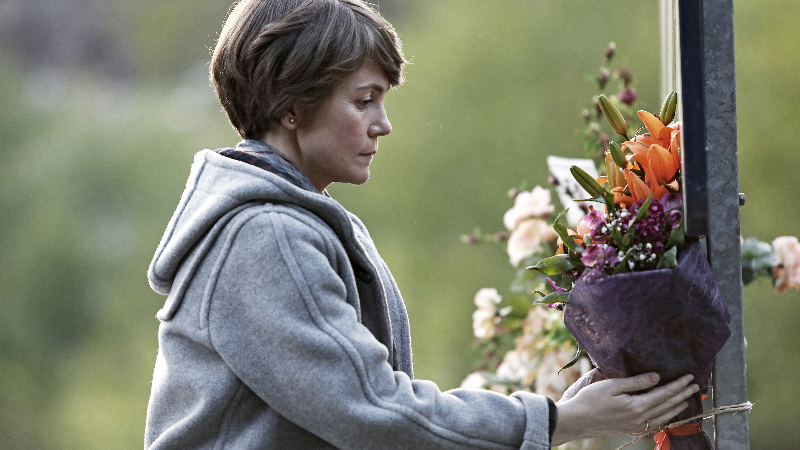
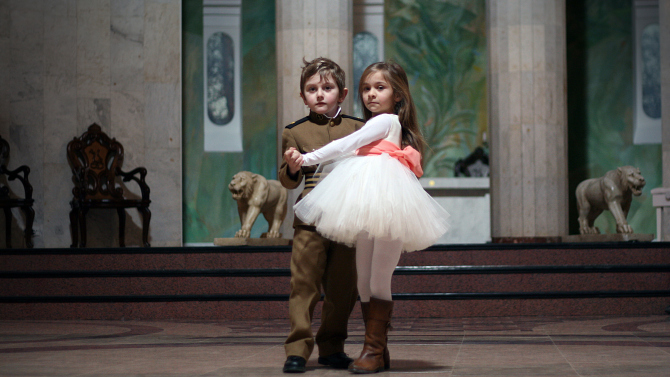
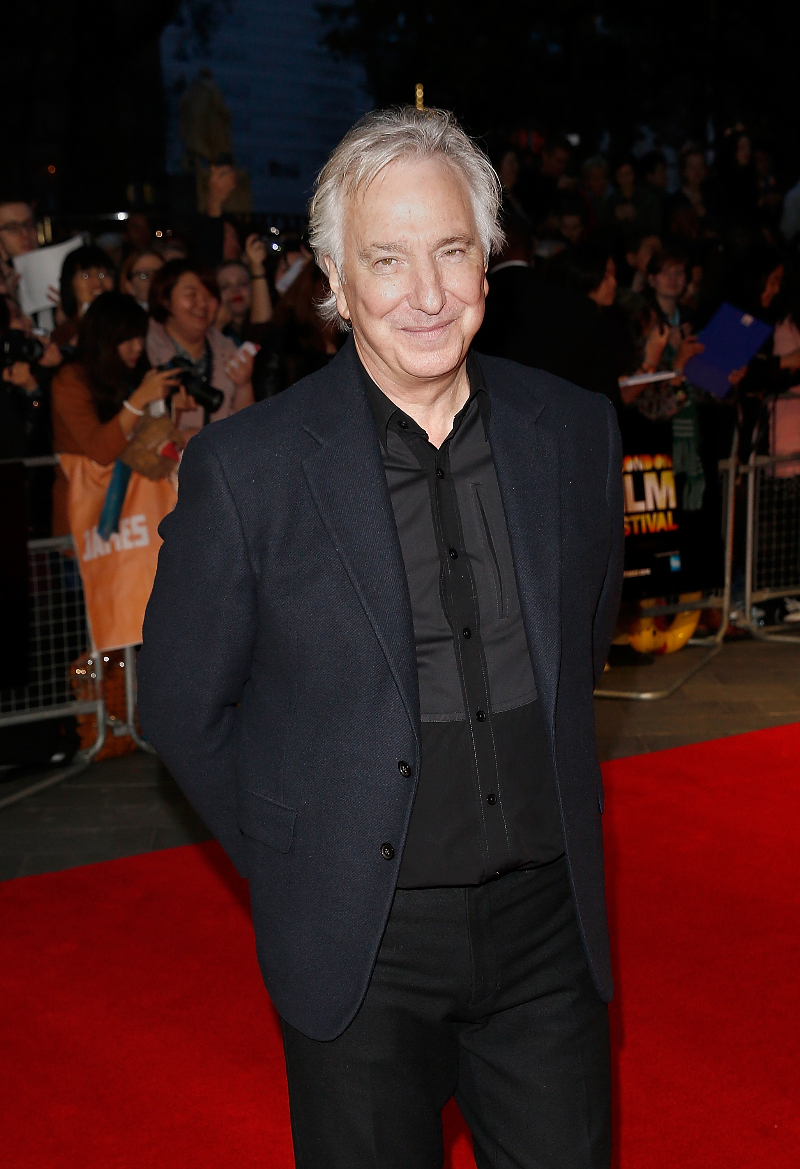














Facebook
Twitter
Instagram
YouTube
RSS